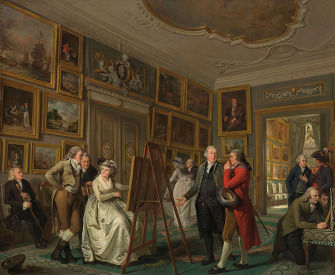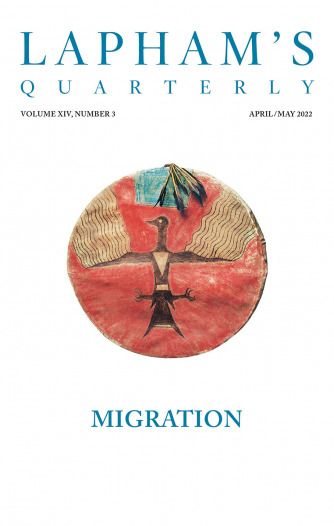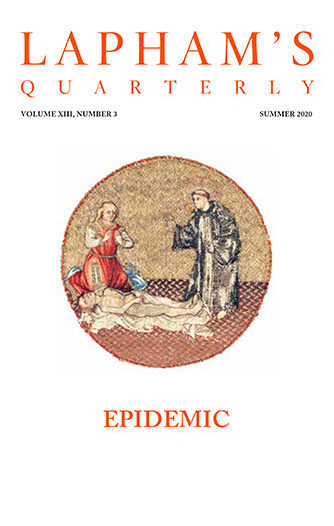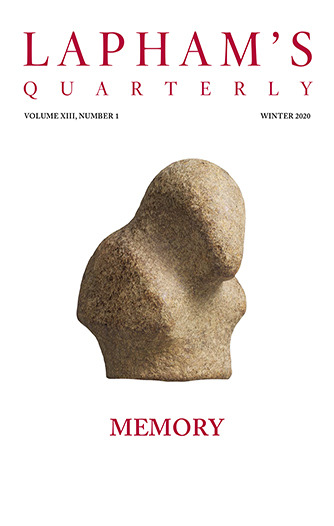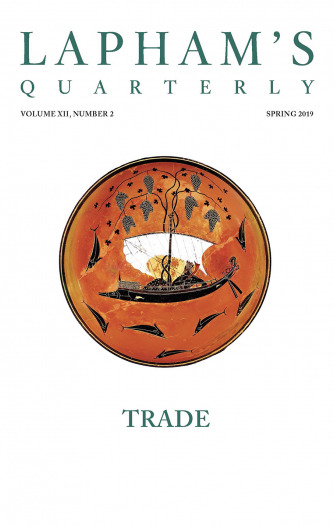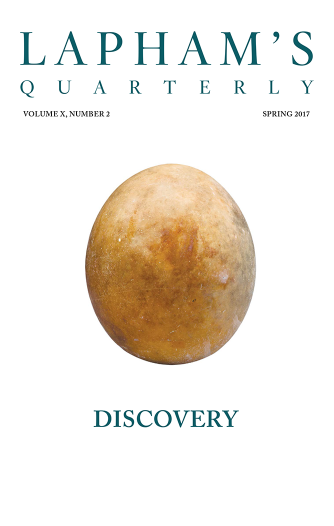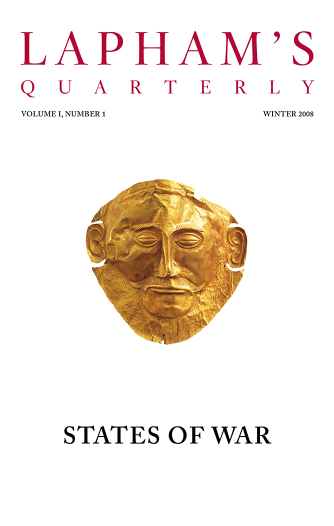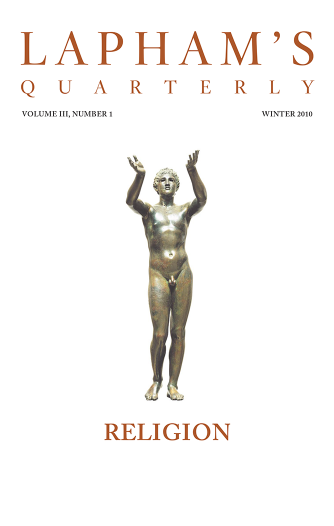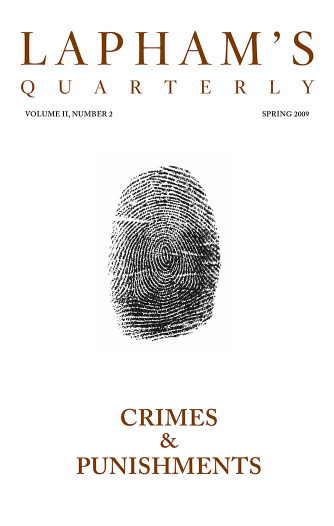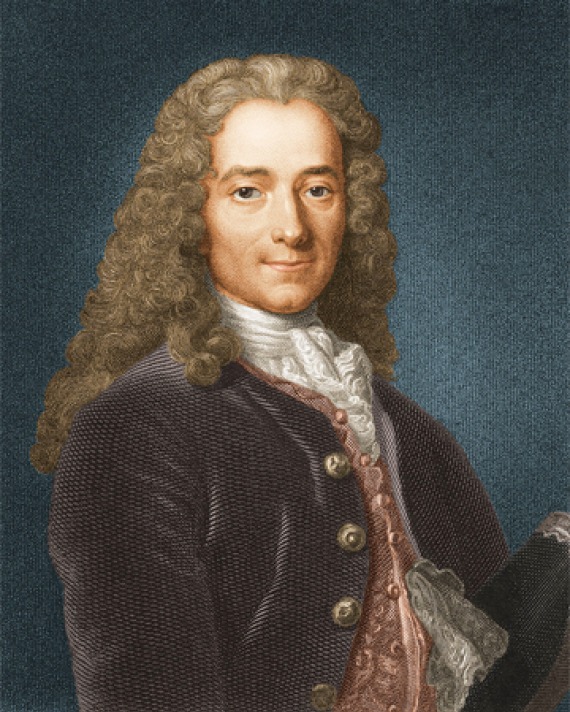
Voltaire
(1694 - 1778)
Writing about his Philosophical Dictionary, Voltaire (the pseudonym of François-Marie Arouet) espoused the virtue of testifying to “how ridiculous are many things alleged to be respectable.” The book, whose authorship Voltaire disavowed, was banned by the Church. The novelist, poet, and dramatist once complained, “The greatest misfortune of a writer…is to be judged by fools.”
